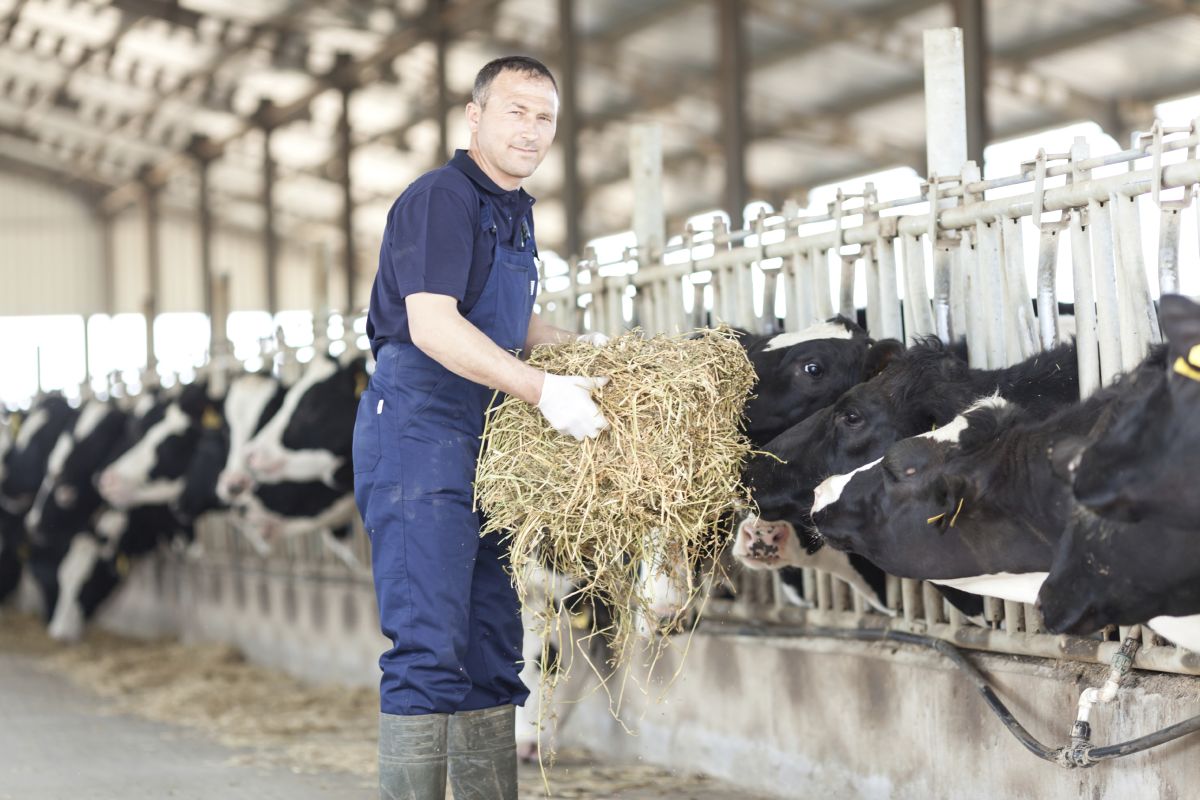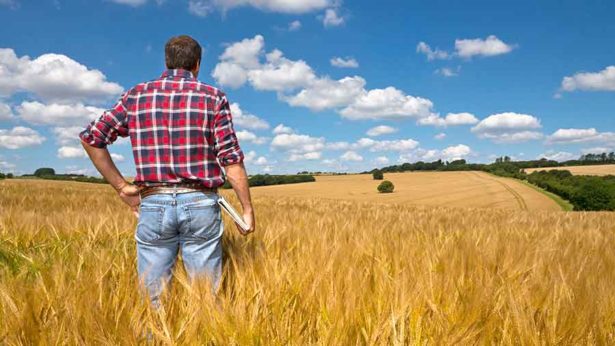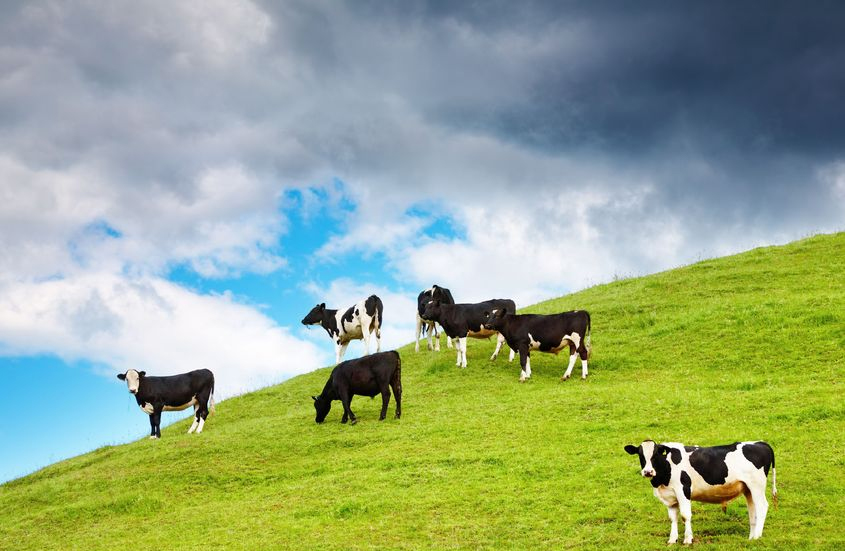
The boss of a recruitment company specialising in agriculture says that the Brexit vote has not yet impacted on the jobs market.
However, he fears there could be a negative impact as the United Kingdom gets nearer to leaving the European Union.
Farmers’ leaders are now trying to assess what impact Brexit will have on the agricultural industry in the long term.
They are seeking to ensure that the UK retains access to European markets and that financial support for the industry is maintained outside the EU’s Common Agricultural Policy.
In the short term the impact on farming appears to be fairly limited, despite a fall in the value of Sterling.
In the wider economy, recruitment specialist Reed Group has reported a jobs boost since the referendum, but Joe Rowe, managing director of Farm Solutions, which specialises in farm workers, says he has seen no change so far.
Joe, whose company is involved predominantly in providing workers for the dairy sector, said there had been a little bit more confidence in dairying recently, with prices a little better.
But he said he had seen no evidence to suggest that the Brexit vote had brought an increase in jobs.
'Nothing will change for another two years'
"The economy was growing anyway; economic growth is happening. Nothing has changed negatively since the referendum, but why would it?

"Nothing is going to change for another two years," said Joe, pointing to the two-year process that will be invoked once the UK formally gives the EU notice of its intention to leave the bloc.
"The reality is that cows still have to be milked in the morning."
Reed Group says that, across the UK, the number of new jobs added to its web site in the three weeks following the referendum was more than 150,000 – up by eight per cent on the same period the previous year.
The company said 83 per cent of companies had said they were not intending to freeze recruitment following the Brexit vote.
There had been fears that uncertainty following the referendum decision would make businesses nervous and cause them to hold off on recruitment.
But James Reed, chairman of reed.co.uk, said: "There’s been a lot of conjecture, most of it negative, about the impact of Brexit on jobs.

"I was very surprised to see data last week from CEB Global Consultancy claiming that the number of job vacancies advertised had fallen by 700,000 following the referendum.
"Our data tells a very different story. In the three weeks since the Brexit vote, the number of new jobs added to reed.co.uk is well up on this time last year.
"Britain’s employers seem determined to continue with business as usual," he said.
British workers 'undeterred'
Reed says the figures show that the UK jobs market remains resilient and that British employers are undeterred by the referendum result.
It says that a total of 151,836 new jobs were added in the three weeks following the vote.
The sectors benefiting most from the post-referendum boost include education (+12,773), IT and telecoms (+12,002) and sales (+10,834).
The cities benefiting most include London (+14,803), Manchester (+4,843) and Birmingham (+3,701).
In the run-up to the referendum, some 66 per cent of recruiters said that they were backing the Remain campaign, says Reed.
Despite this, in the wake of Britain’s decision to leave, UK employers are still optimistic.
In the days following the announcement of the result, more than 80 per cent of companies surveyed said that they did not plan to freeze recruitment.
Joe Rowe said that the dairy sector – the most important sector for his business – had experienced a very difficult period, with milk prices depressed and farmers struggling to make a living.
"We have been through a very difficult period over the last 12 to 18 months in dairy.
"We are now seeing a positive outlook because there is a slight trend upwards in milk prices; there is some hope."
However, he said it would be some time before anyone would be able to assess the impact of the UK’s decision to leave the European Union.
Value of sterling bad for dairy farmers
Joe said that the decline in value of Sterling would have a negative impact for dairy farmers.
"If you are exporting stuff from the UK there’s an advantage, but most dairy products produced here are consumed in the UK.
"Imports needed by dairy farmers will be more expensive because of the fall in Sterling, so the result is a bit negative."
Joe said that there would inevitably be a period of adjustment as the UK and EU negotiated the terms of the UK’s exit and the terms of the future relationship between the UK and the remaining members of the EU.
There was no real effect at the moment because nothing had changed so far, but he said there would eventually be an effect, and his own view was that the effect would probably be negative for the UK.
